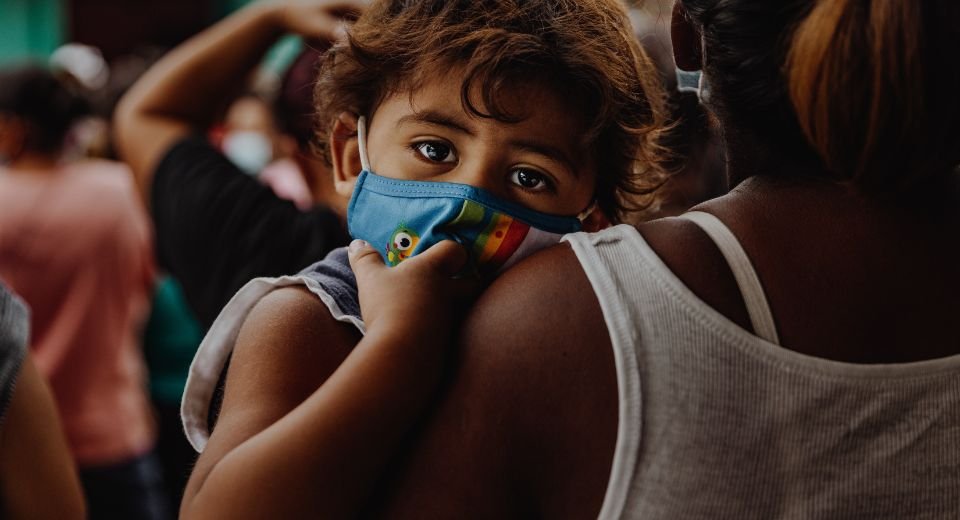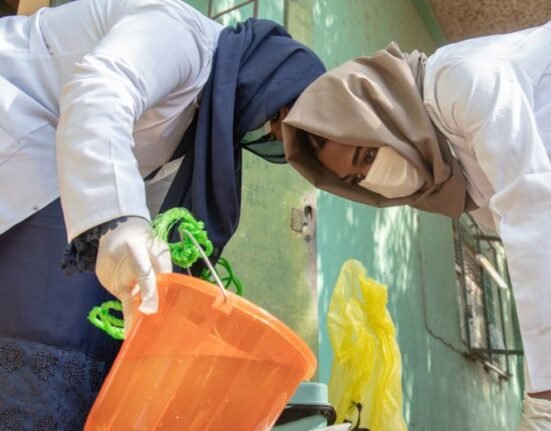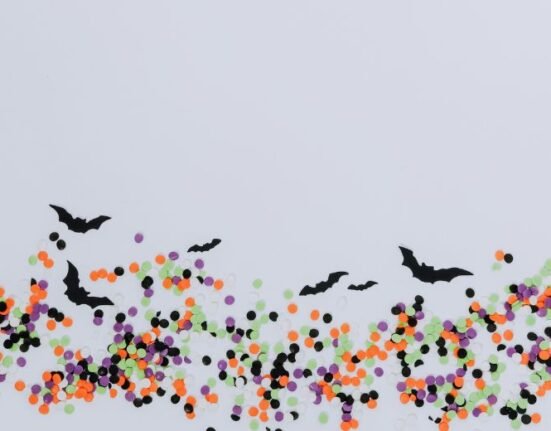HQ Team
April 27, 2023: Global deaths due to COVID-19 have fallen by 95% since January, and nations need to take steps to manage virus variants alongside other infectious diseases, the WHO director-general said.
The global health body will outline its strategy to prepare and respond to the mutations in the virus in its fourth report ‘Strategic Preparedness and Response Plan, said Dr Tedros Adhanom Ghebreyesus.
“Next week we will publish our fourth SPRP, which is designed to guide countries over the next two years to transition from an emergency response to long-term, sustained management of COVID-19,” he said.
“We’re very encouraged by the sustained decline in reported deaths from COVID-19, which have dropped 95% since the beginning of this year.
However, some countries are seeing increases, and over the past four weeks, 14,000 people lost their lives to this disease.”
The COVID-19 virus has killed more than seven million people worldwide and an estimated one in 10 infections results in post-COVID-19 conditions. Hundreds of millions of people will need longer-term care.
Still changing
The emergence of the new XBB.1.16 variant illustrated that the virus was still changing, and capable of causing new waves of disease and death.
“We remain hopeful that sometime this year, we will be able to declare an end to COVID-19 as a public health emergency of international concern.
But this virus is here to stay, and all countries will need to learn to manage it alongside other infectious diseases,” Dr Tedros said.
The WHO unveiled on April 26 its Preparedness and Resilience for Emerging Threats Initiative or PRET, to combat future epidemics and pandemics.
“Rather than focusing on specific pathogens or diseases, PRET takes an integrated approach to pandemic planning, by focusing on groups of pathogens and the systems they affect.
‘Yet-unknown diseases’
PRET will focus on respiratory pathogens, including influenza, coronaviruses, RSV, and “as-yet-unknown pathogens,” Dr Tedros said.
“As COVID-19 demonstrated, a pandemic is not just a health crisis. It affects economies, education, trade, travel, food supply systems, and more. PRET will therefore support countries to engage as many sectors as possible, as well as civil society groups, religious communities and young people.
“This integrated approach will help countries to review, test, and update their pandemic planning efforts to ensure they have the right capacities and capabilities in place,” he said.








